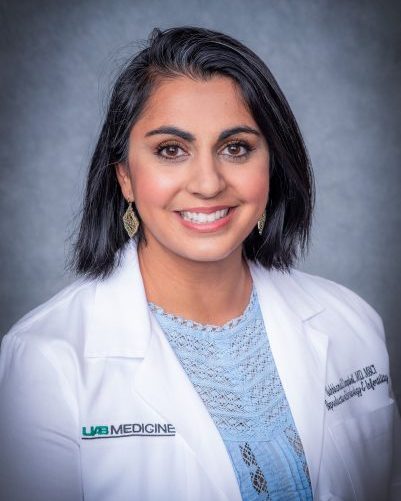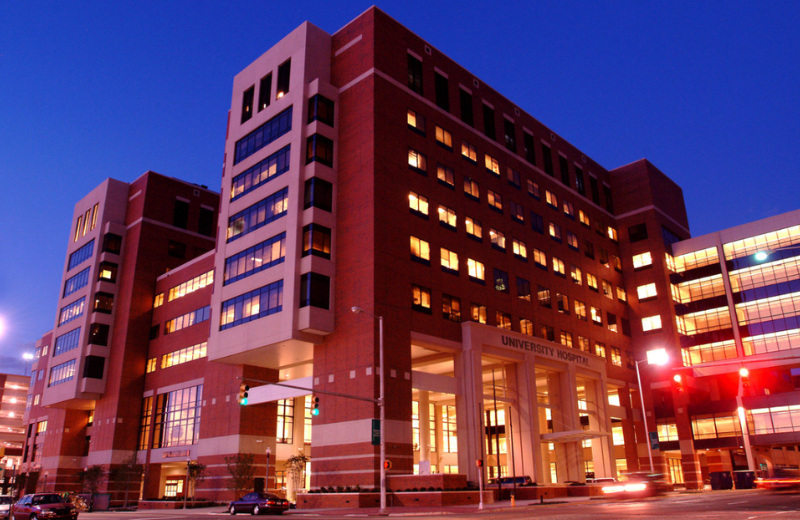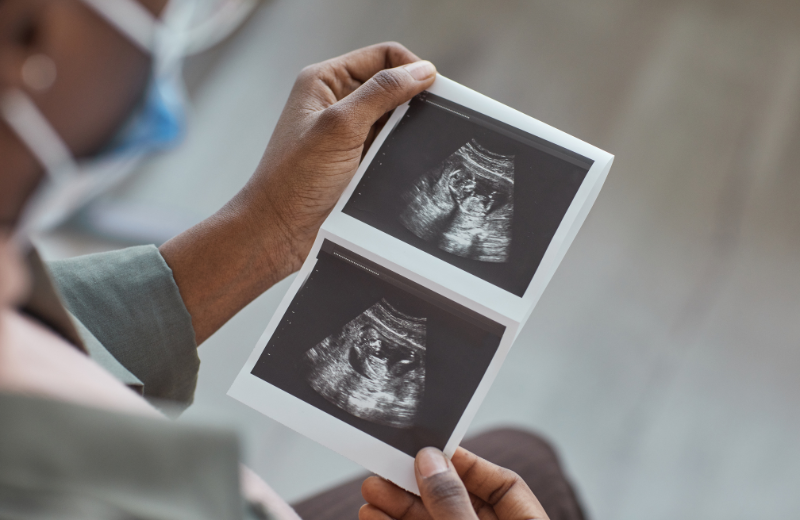Patients
View important updates for patients about the Alabama Supreme Court’s ruling that caused UAB to pause in vitro fertilization (IVF) treatments that involve egg fertilization or embryo development.
Intracytoplasmic sperm injection (ICSI) is a form of in vitro fertilization, but with fertilization occurring outside the body. It is usually required when sperm are too few for fertilization to occur through the incubation with an egg, which is the standard approach in IVF. For ICSI’s initial step, egg cells are harvested and transferred to a special media in a laboratory dish. Within a few hours, a single sperm is injected through a fine needle into the center of an egg cell. If successfully fertilized, the cell will divide and form the beginning stages of an embryo. The DNA of a single cell from an embryo may be checked for the presence of various genetic disorders. Typically, several egg cells are harvested and fertilized at the same time, then returned to the uterus to increase the chances of implantation and a successful pregnancy. The fertility specialist may recommend ICSI for moderate to severe male factor in which a man has few or no sperm in his ejaculate, but it is still possible to obtain viable sperm for ICSI using microscopic epididymal sperm aspiration and testicular sperm aspiration. Other indications for ICSI are unexplained infertility, failed fertilization, advanced age, and other, couple-specific situations.
UAB Medicine’s nationally recognized physicians have years of experience in diagnosing and treating both male and female infertility. We treat infertility with a team approach that includes a urologist, a reproductive endocrinologist, specialized nurses, and laboratory scientists. A variety of conventional treatments are available, including corrective microsurgery. For those who do not have a condition that can be treated, procedures such as intrauterine insemination or in vitro fertilization (IVF) may be used to help a couple get pregnant. Our fertility experts will determine a treatment plan that is best suited for each individual man and his partner. As a major center for research, UAB Medicine continues to investigate new advances in fertility treatment aimed at increasing the chances of conceiving healthy babies.
Care Providers
Resources
Clinical Trials
Speak to your physician about your options and browse the link below for more information
Latest News
View All News-
UAB Medicine is the title sponsor of the GT World Alabama, benefiting Teal Wings of Hope
July 14, 2025
-
World-record-breaking quadruplets delivered at UAB
June 11, 2025
-
Hope and resilience: Two mothers from two different countries fight for one baby’s life
May 6, 2025
-
Cassell family donates $1 million to establish Bidirectional Cassell Family Training Program
February 13, 2025
-
Heartfelt homecoming: NICU families unite to thank UAB care team
December 19, 2024





